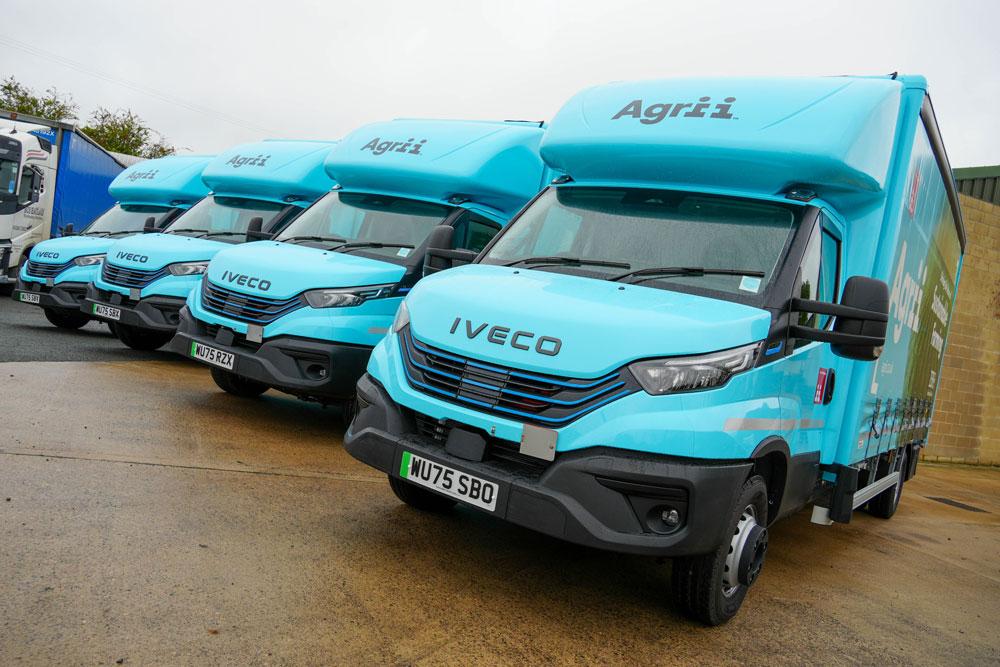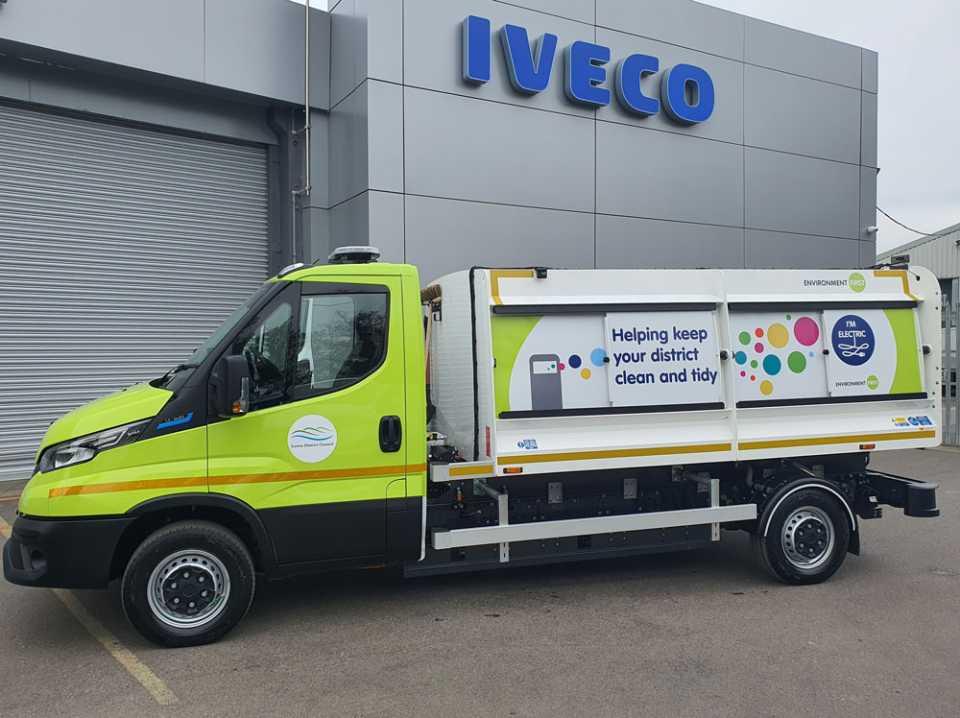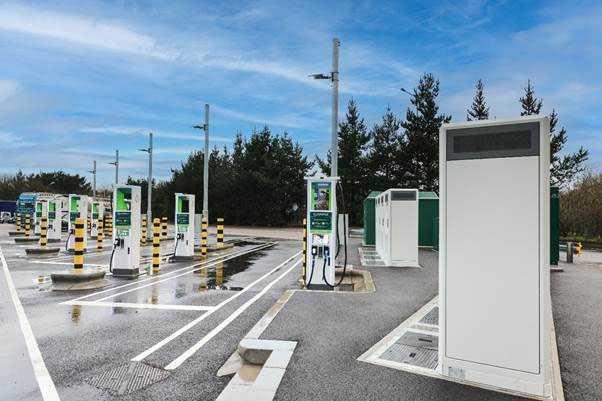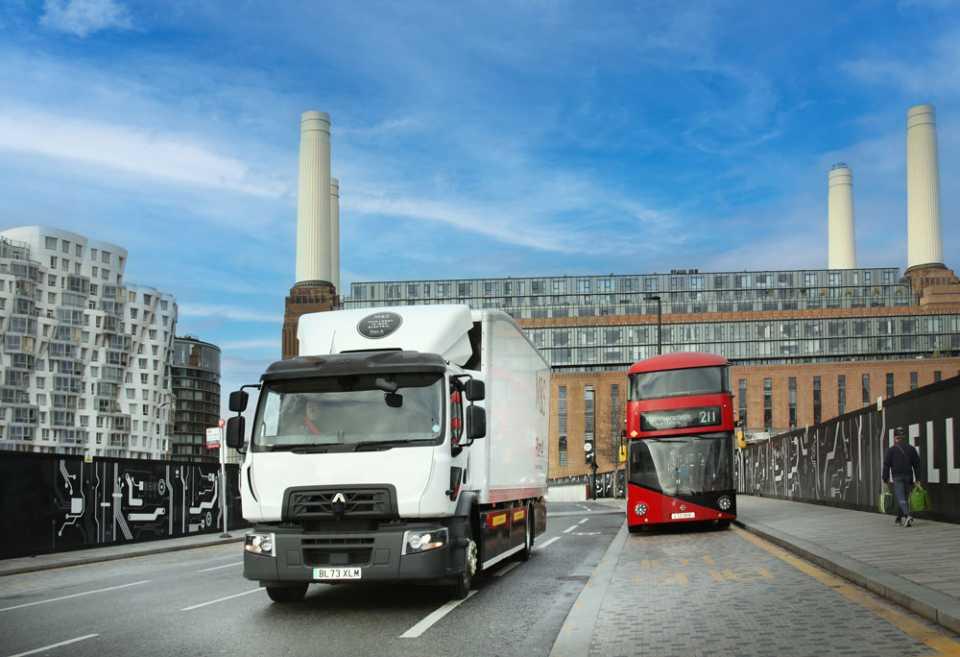With the establishment of a Net Zero Forum and the publication of a net zero roadmap, the RHA’s Chris Ashley discusses how the organisation is driving pragmatic action needed to support the haulage sector with its decarbonisation plans.
The RHA supports Net Zero and is determined to drive the pragmatic action needed to achieve it.
Underpinning our support are two initiatives the RHA has recently launched. The first is the creation of our Net Zero Forum in August 2023. The second is the publication in early September of our own “roadmap” to Net Zero.
These initiatives are timely as they coincide with the national debate on environmental issues triggered by the Uxbridge by-election result last July. With the spark being the controversial extension of the Ultra-low Emission Zone (ULEZ) across Greater London, politicians across the political spectrum have recognised that the public must be brought along the journey to reduce emissions.
We welcome this long over-due debate. The subsequent calls by the Prime Minister for “pragmatism and proportionality” and the Leader of the Opposition for “flexibility” aligns with the position we have previously set out on Net Zero, which we are now well-placed to lead and influence.
A view from the industry
So, what has the RHA been saying and how can we lead?
First, we are fully committed to shaping a way forward which brings operators’, manufacturers’ and retailers’ needs to life on the decarbonisation journey. Firms need clarity and certainty to make the right investment choices in the years ahead.
We support the HGV diesel phase out dates of 2035 and 2040 that the Government has set – we believe these dates are necessary to attract the investment needed which will bring down costs over time. However, the underlying detail from government on how delivery against these targets is managed has been missing.
In our view, this has created a void allowing competing interests to shout their preferred solutions though with little sense of how any of this could be achieved. We have sought to bring structure to the tasks that lie ahead of us so that we can decarbonise the HGV and coach fleets rationally and viably.
Our roadmap therefore sets out a realistic vision of how we believe commercial vehicle decarbonisation can be achieved based on what we know today. That roadmap will evolve as our knowledge develops and the technology innovates and matures to overcome the practical challenges facing our sector.
Those practical challenges encompass whether the vehicles have the required range and performance characteristics for a particular operation, whether the electric or hydrogen infrastructure is in place to power the vehicles, and how the necessary volume production is generated to bring down the capital costs.
We have taken this position based on the following starting points. Firstly, that the entire United Kingdom, including our rural and remote communities, is catered for by Net Zero.
That all economic sectors within the UK, including our quarries, forests and the transportation of hazardous goods, can be serviced by our members.
And that the public will expect the exceptionally high levels of service that they currently enjoy from logistics and coach operations to continue.
Logistics must not suffer
The economy and its success is vital to all of us. Ninety-five percent of everything we have in the UK comes on the back of a lorry at some point and, given the distances involved and the lack of rail freight capability, there is no alternative. Our coach membership provide crucial passenger services that connect people to one another.
When viewed from this perspective, gaps emerge on how all parts of the UK can be accommodated by net zero. That is why we have not been afraid to call for exemptions for some hard-to-decarbonise operations until suitable solutions are found or for interim measures such as the use of low carbon fuels like hydrotreated vegetable oil (HVO) or liquid natural gas (LNG).
However, should the need for exemptions to fall away, then we will also support that move. Building in periodic reviews on progress is therefore sensible.
To inform the discussions and activities that need to happen, our Net Zero Forum – consisting of a cross-representation of the RHA membership - will shape the pathway forwards. Based on our members’ feedback and experiences, it will give direction to the RHA’s engagement with the many stakeholders we will work with to make Net Zero happen.
Challenges to overcome
We see the tasks that lie ahead grouped around five themes – bringing down costs, infrastructure investment, validating vehicle performance, upskilling our workforce and guiding management through the changing technological, regulatory and commercial landscape.
Underpinning this, the RHA will seek to facilitate a clear understanding of how the different non-diesel fuel technologies will allow our members to service the UK economy so that, in turn, it can continue functioning.
We see hydrogen having a clear role to play for those operations where battery electric options cannot provide a viable solution. In simple terms, hydrogen has the potential to provide solutions for those operations that require prolonged sources of energy intensity, such as long-distance or specialist operations.
Furthermore, we do not believe that any technological options should be ruled out – hydrogen combustion technologies should be given every opportunity to develop alongside hydrogen fuel-cell. This is a pragmatic and rationale step to take where real needs exist.
We observe however two significant barriers specific to hydrogen to overcome. First, the development of hydrogen-powered commercial vehicles is less advanced than their battery-powered equivalents. Their real-world performance via extensive testing and trials is therefore vital to inform relevant investment and businesses cases.
Secondly, the economics that underpin hydrogen must be competitive with total cost of ownership models for hydrogen comparable with other fuel-types.
Significant financial, technological and practical risks therefore exist which threaten the exceptional and low-cost levels of service our members deliver to the public. That is why we welcome the government’s commitment to mitigate this by investing £200m in its “Zero Emission and Hydrogen Infrastructure Demonstrator Programme” (ZEHID). The data which flows from this initiative will help answer the many fundamental questions our sector has to ensure that they can ensure they can deliver an efficient service without disruption.
Meanwhile, we also believe low carbon fuels such as HVO or LNG have a role to play. Whilst recognising these fuels are not zero emission, we believe their ability to reduce emissions by up to 90 percent provides industry with a “safety net” for those hard-to-decarbonise operations. This where the question of “exemptions” within government policy is then relevant.
Should viable zero emission solutions for certain operations be not found in time, then we believe these operations should be “exempt” from the phase-out dates and be permitted to use a low-carbon fuel that can be appropriately off-set.
Making net zero work
Achieving Net Zero is complex, but we observe that tremendous goodwill exists across many different sectors to make Net Zero work.
Coordinating this goodwill whilst managing the competing interests involved is therefore essential.
Collaboration will be key with the approach guided by dialogue, debate and consent to set the right path and make the right choices which support businesses. We stand ready to facilitate this.






